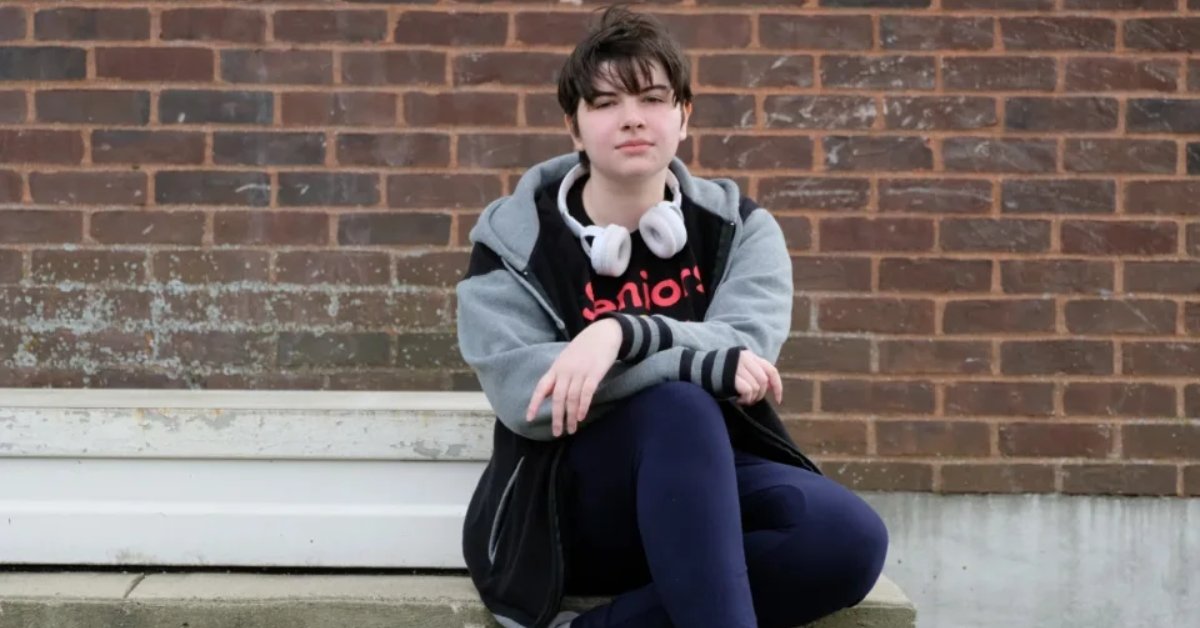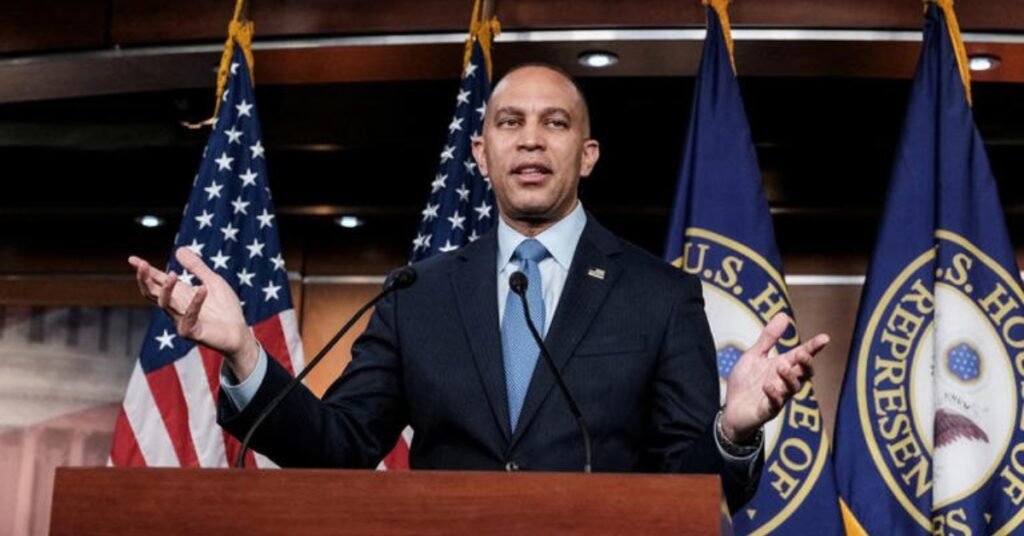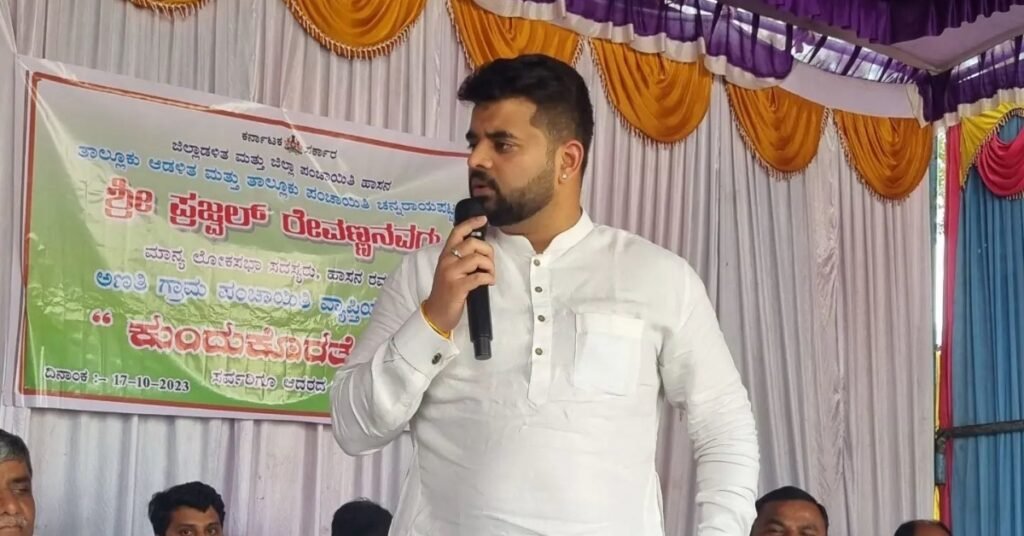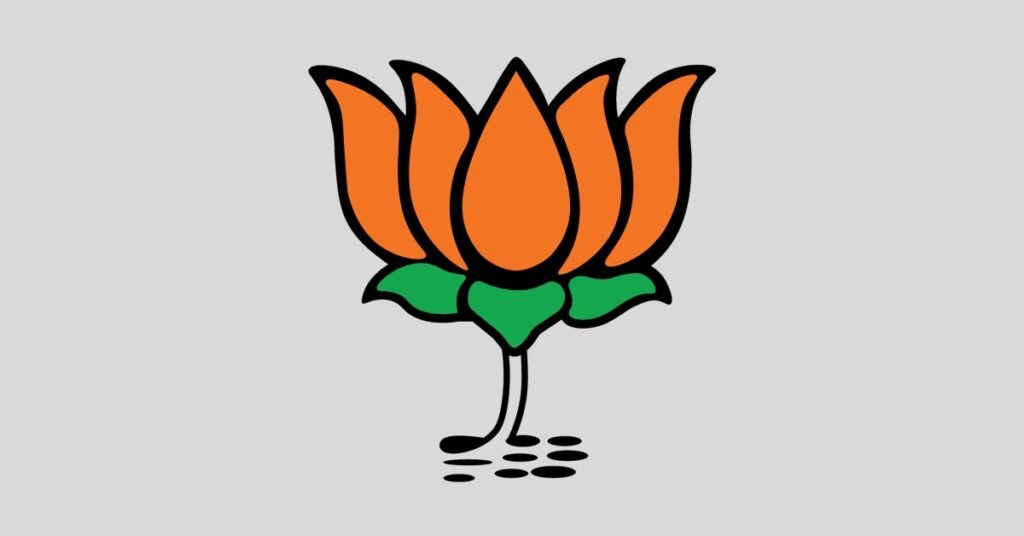Explore New Hampshire’s new voting law and its impact on voter privacy, especially for first-time voters using affidavit ballots. Learn about the balance between election integrity and privacy rights.
Table of Contents
In March, Annabelle Rogers, a senior at Hopkinton High School, found herself at the center of a voting rights controversy.
After finishing her chorus class, she headed to the school’s gymnasium, serving as the polling location for town elections.
At 18, Rogers was a first-time voter but lacked identification, resulting in her vote becoming a public record under New Hampshire’s new voting law.
A Different Voting Experience
Rogers was allowed to cast an affidavit ballot due to the absence of proper identification.
Unlike traditional secret ballots, her ballot was numbered and trackable.
Without submitting proof of identity within seven days, her vote was nullified, and her voting choices could be publicly disclosed without her consent.
This revelation was unsettling for Rogers.
“It’s a little scary,” she said. “That’s kind of a little nerve-racking.”
Provisional Ballots and Public Records
The Republican-backed law, signed by Governor Chris Sununu in 2022, introduced provisional ballots for first-time voters without proper ID.
These voters use affidavit ballots and must mail proof of identity within a week.
Failure to do so results in their votes being erased from final tallies, and their choices potentially becoming public information.
This was the case for Rogers, whose vote was voided and her choices made traceable through public records.
Concerns Over Voter Privacy
The law’s implications for voter privacy have sparked concern.
Despite being informed at the polls about the need to mail her paperwork, Rogers was unaware that her voting preferences could become public until contacted by NHPR.
“It is a little detective-y, but you could see how someone could do it pretty easily if they wanted to,” she remarked.
State Defense and Legal Challenges
New Hampshire Secretary of State David Scanlan has defended the law, citing “reasonable controls” for those voting without ID.
However, he declined to comment further. The law has faced legal challenges from the ACLU of New Hampshire and other voting rights groups, arguing it infringes on the right to a secret ballot.
Despite these challenges, the law remains in effect, pending appeal in the state Supreme Court.
Local Officials and Advocates Respond
Local election officials and voting rights advocates, like Sara Persechino, Hopkinton’s town moderator, and Liz Tentarelli, president of the League of Women Voters New Hampshire, have voiced their concerns.
They emphasize the importance of the right to a secret ballot as a cornerstone of democracy.
“We should all agree that every voter in New Hampshire should have the right to a secret ballot,” Persechino stated.
Broader Implications and Future Elections
The broader implications of the law are significant. Since its implementation in 2023, five affidavit ballots have been cast, with two votes erased due to lack of identification proof.
This new process risks eroding public trust in the election system, particularly for young voters like Rogers, who are already navigating heightened political tensions.
“It’s kind of very important for people to have that privacy because you don’t want people doing extreme things because of politics,” Rogers said.
Looking Forward
As new proposals to further restrict voting access advance through the state legislature, the debate over voter privacy and election integrity continues.
Under the current law, voters without proper ID are automatically referred to the Attorney General’s office for investigation.
Despite these measures, the right to a secret ballot remains a contentious issue, with advocates calling for reforms to protect voter privacy.
The new voting law in New Hampshire has brought significant changes to the voting process, raising crucial questions about the balance between election integrity and voter privacy.
As the state navigates these challenges, the experiences of voters like Annabelle Rogers highlight the need for careful consideration of the impact on individual rights and democratic principles.






